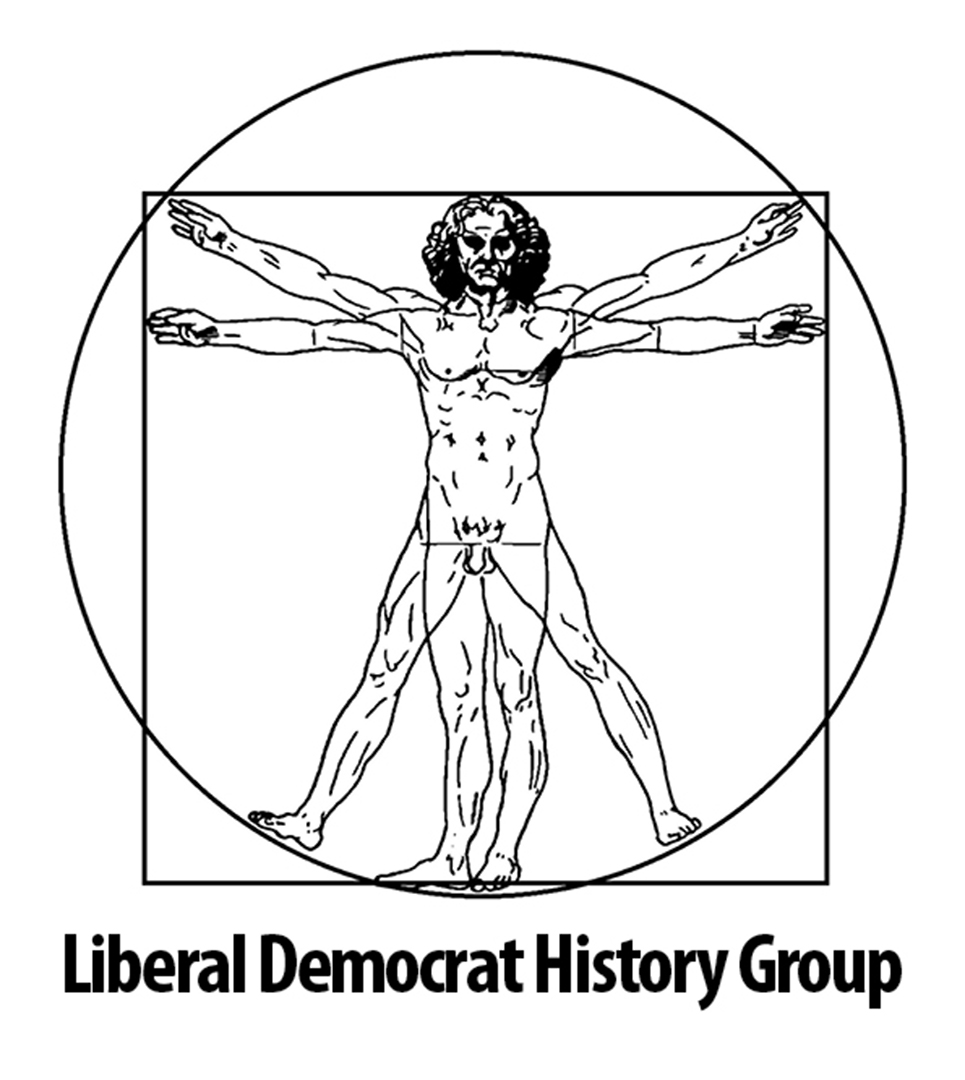The history of Liberal and Liberal Democrat environmental thinking
Meeting Room 4, Novotel York Centre, Fishergate, York YO10 4FD
Friday 15th March 2024 / 20:15
Greening Liberalism
Speakers: Professor Neil Carter (York University) and Baroness Parminter. Chair: Keith Melton (Green Liberal Democrats).
How and when did environmental policy become important to British political parties, and to the Liberal Party, SDP and Liberal Democrats in particular?

The 1847 Financial Crisis and the Irish Famine
Monday 29th January 2024 / 18:30
Lady Violet Room, National Liberal Club, 1 Whitehall Place, London SW1A 2HE

The Irish famine
of the 1840s remains the worst humanitarian crisis in the United Kingdom’s history. Within six years of the arrival of the potato blight in Ireland in 1845, more than a quarter of its people had died or emigrated.
Despite this, Lord John Russell’s Whig government decided in spring 1847 – long before the famine ended – to cut Treasury spending on public relief efforts. The move is generally attributed by economic historians to the pervasive influence of ‘laissez-faire’ ideas on Russell and his colleagues. But they also faced a deepening financial crisis, which severely limited the government’s options. The Bank Charter Act of 1844 required all bank notes issued by the Bank of England to be fully backed by gold. A major harvest failure in Ireland and England the previous year had led to large price increases and trade deficits, which had in turn caused a sharp drain of gold reserves from the Bank of England in March and April 1847. The Bank responded by lifting the discount rate at which it would lend money to other banks. This led to a drastic curtailment of available commercial credit and contributed to the collapse of numerous businesses in the autumn.
By October 1847, Russell and his cabinet faced a choice: between suspending the Bank Charter Act to permit the Bank of England to discount more freely and to issue banknotes in greater volume, or sticking to economic orthodoxy. They also had to tread carefully through the two crises because the government lacked a parliamentary majority.
Dr Charles Read (Faculty of History, University of Cambridge and author of The Great Famine in Ireland and Britain’s Financial Crisis (2022)) and Liam Kennedy (Emeritus Professor of History at Queen’s University, Belfast) will discuss the Russell government’s response to the 1847 financial crisis and the Irish Famine.
The meeting will start at 7.00pm, following the Annual General Meeting of the Liberal Democrat History Group, which will start at 6.30pm. The agenda and papers for the AGM are available online here.
The combined meeting will be a hybrid meeting, both in-person in the National Liberal Club and online via Zoom. Click here to register for Zoom access. For in-person attendance there is no need to register.

